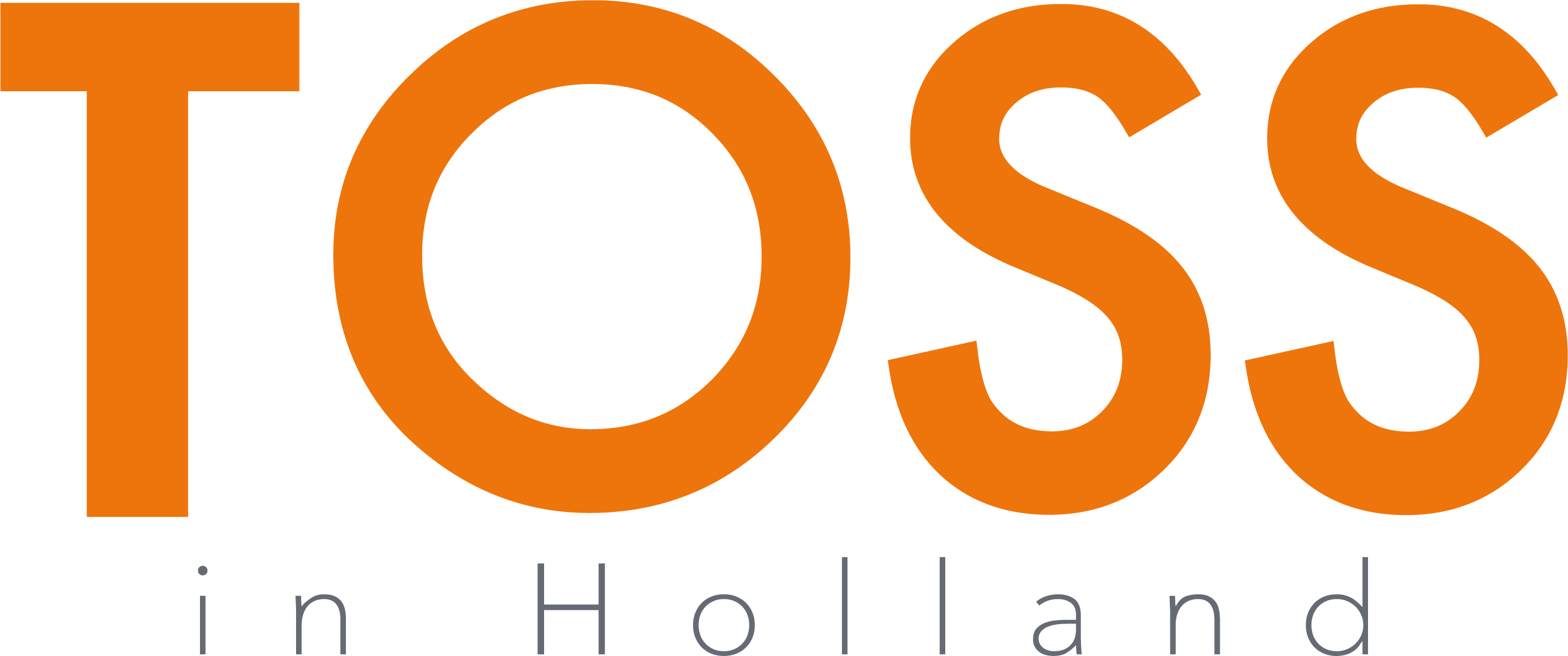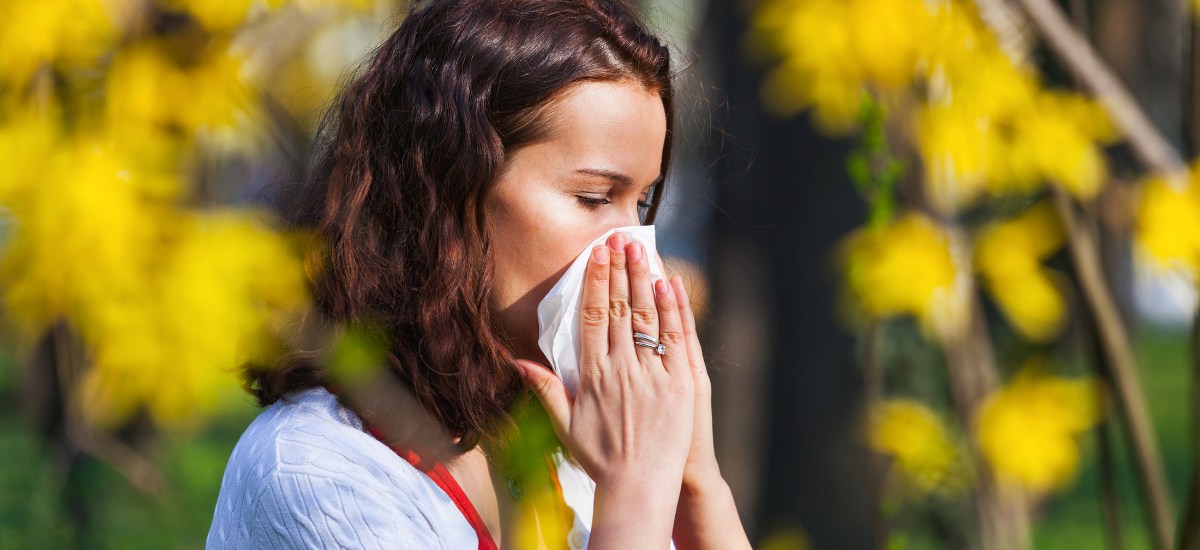Navigating Allergies in the Netherlands
For many of us, arriving in the Netherlands can introduce a new challenge: battling allergy reactions or sensitivities we didn’t experience before. Those who already suffer from allergies know they can be a real pain, even ruining outdoor adventures. It’s unfortunate, since we spend long winters mostly indoors, longing to embrace the outdoors once the warmer months arrive.
Among the symptoms commonly experienced are itchy eyes, sinus issues, wheezing, brain fog, irritability, or gastrointestinal discomfort.
At TOSS, we care about your health and with allergy season upon us, we aim to offer valuable insights from the perspective of Orthomolecular Therapy—a discipline rooted in achieving and sustaining optimal health and well-being.
What can be done?
First and foremost, minimizing exposure to triggers is key. While it’s impossible to eliminate pollen when outdoors, rinsing your nose and taking a bath as soon as you return home can help mitigate the immune reaction your body launches in response to pollen.
Various companies offer nasal rinse bottles to clear pollen and relieve congestion with a saline solution. It is recommended to use boiled (for 3-5 minutes and then cooled to lukewarm), distilled, or sterile water to minimize risks. While waterborne pathogens are rare in The Netherlands, adhering to safe practices is essential. After each use, rinse bottles should be washed with hot soapy water and never shared with others. If used frequently, they should be replaced every few months.
Additionally, you can maintain a clean indoor environment through the use of air purifiers.
Next, you may need to experiment with different remedies, as what works for one person may not necessarily work for another. In my family, we experience various types of reactions, so I keep a kit on hand for everyone.
Here’s a list of remedies you can try:
- Vitamin C (1000 mg): A clean source of vitamin C in buffered form can be taken at any time, even on an empty stomach, to alleviate pollen attacks without causing stomach acid complaints. Vitamin C helps break down histamine. In orthomolecular therapeutic levels, doses can go up to 3000 mg to reduce severe attacks.
- Scutellaria: Traditionally used to treat allergy symptoms. Research suggests that baicalin from Baikal skullcap inhibits the release of histamine and leukotriene from mast cells. This herb can provide rapid relief.
- Quercetin: This powerful antioxidant is beneficial for those struggling with allergies. Start taking it before allergy season or give it some time to see its effects.
- If these remedies don’t provide relief, consider trying homeopathic remedies in pellet or pill form, which can be dissolved under the tongue every half an hour or so. Some individuals find significant relief with this approach.
Understanding allergies and histamine responses is complex. In clinical practice, individuals can work on repairing their barriers to reduce environmental and food triggers, ultimately leading to a better quality of life and enjoyment of food and the outdoors.
If you’re unable to find relief with the tips above, consider consulting with an Orthomolecular Therapist for a more in-depth examination of what may be causing your body to trigger an immune response and release excessive histamine.
Conclusion
The strategies and remedies discussed here can offer relief for seasonal allergies. It’s important to remember that everyone’s allergies are unique. Seeking professional guidance when needed can provide additional support and personalized advice to effectively manage your allergies and sensitivities.
Written by Nella, Orthomolecular Therapist at the Body Brain Health Clinic, for our Expat community.
Disclaimer
The information presented here is not intended for diagnosing or treating health issues or diseases. Individuals seeking personal guidance should consult with a qualified healthcare professional. Always consult your qualified healthcare professional for advice before undertaking any dietary or lifestyle changes. The material provided in this document is for educational purposes only.















